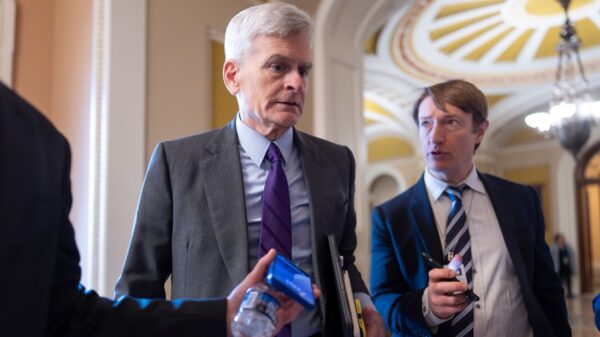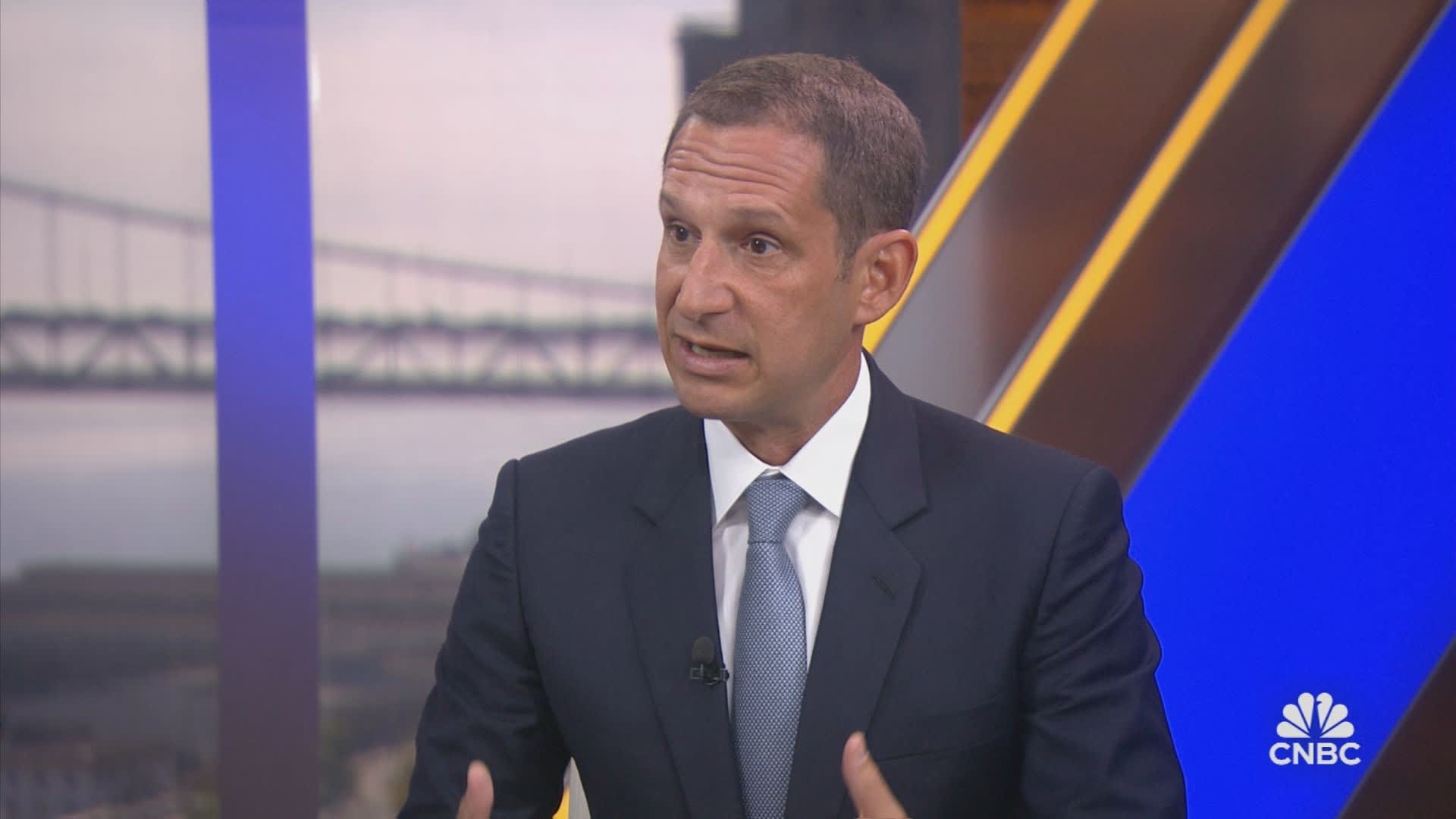San Francisco has initiated the deployment of Microsoft Copilot for approximately 30,000 city employees, marking a significant step in its ambition to establish itself as a global leader in artificial intelligence. This rollout aims to enhance operational efficiency and improve service delivery across various departments within the city.
In an exclusive interview, Mayor Daniel Lurie discussed the implications of this technology on the city’s workforce and its potential to reshape how local government operates. The initiative reflects a broader trend in which municipalities are increasingly adopting advanced technology to streamline processes and better serve their communities.
Transforming City Operations with AI
The introduction of Microsoft Copilot is part of a larger strategy to integrate AI tools into everyday workflows. Mayor Lurie highlighted that the use of this technology would empower employees to focus on higher-level tasks, rather than getting bogged down by routine administrative duties. By automating repetitive processes, the city aims to foster a more productive work environment.
“Technology is changing the way we operate,” Lurie stated. “With tools like Copilot, our employees can leverage AI to enhance their productivity and deliver services more effectively.” This move is particularly timely, as many cities across the globe are exploring similar initiatives to modernize their operations and improve public service.
The city plans to provide comprehensive training for its employees to ensure they can effectively utilize the new tools. Lurie emphasized that this initiative is not just about technology; it is also about investing in the skills of the workforce to adapt to an evolving digital landscape.
Positioning for the Future
San Francisco’s commitment to AI innovation is evident in its ongoing efforts to attract tech talent and investment. The deployment of Microsoft Copilot aligns with the city’s vision of being at the forefront of technological advancements. The mayor expressed optimism about the potential benefits that AI can bring to urban governance, particularly in enhancing responsiveness to citizens’ needs.
This initiative is also part of a broader conversation about the ethical use of AI in public services. As cities increasingly rely on technology, leaders must navigate challenges related to data privacy, security, and equitable access to resources. Lurie noted the importance of establishing guidelines to ensure that AI tools are used responsibly and transparently.
The rollout of AI tools like Microsoft Copilot in San Francisco serves as a pioneering example for other cities looking to harness technology for improved governance. With a workforce of 30,000 city employees equipped with innovative tools, San Francisco is setting a precedent in the public sector, showing how technology can transform service delivery and operational efficiency.
As the city moves forward with this plan, it will be crucial to monitor the impact of AI on both employees and residents. The success of this initiative could influence similar programs in jurisdictions worldwide, further solidifying San Francisco’s position as a leader in the AI landscape.





































































